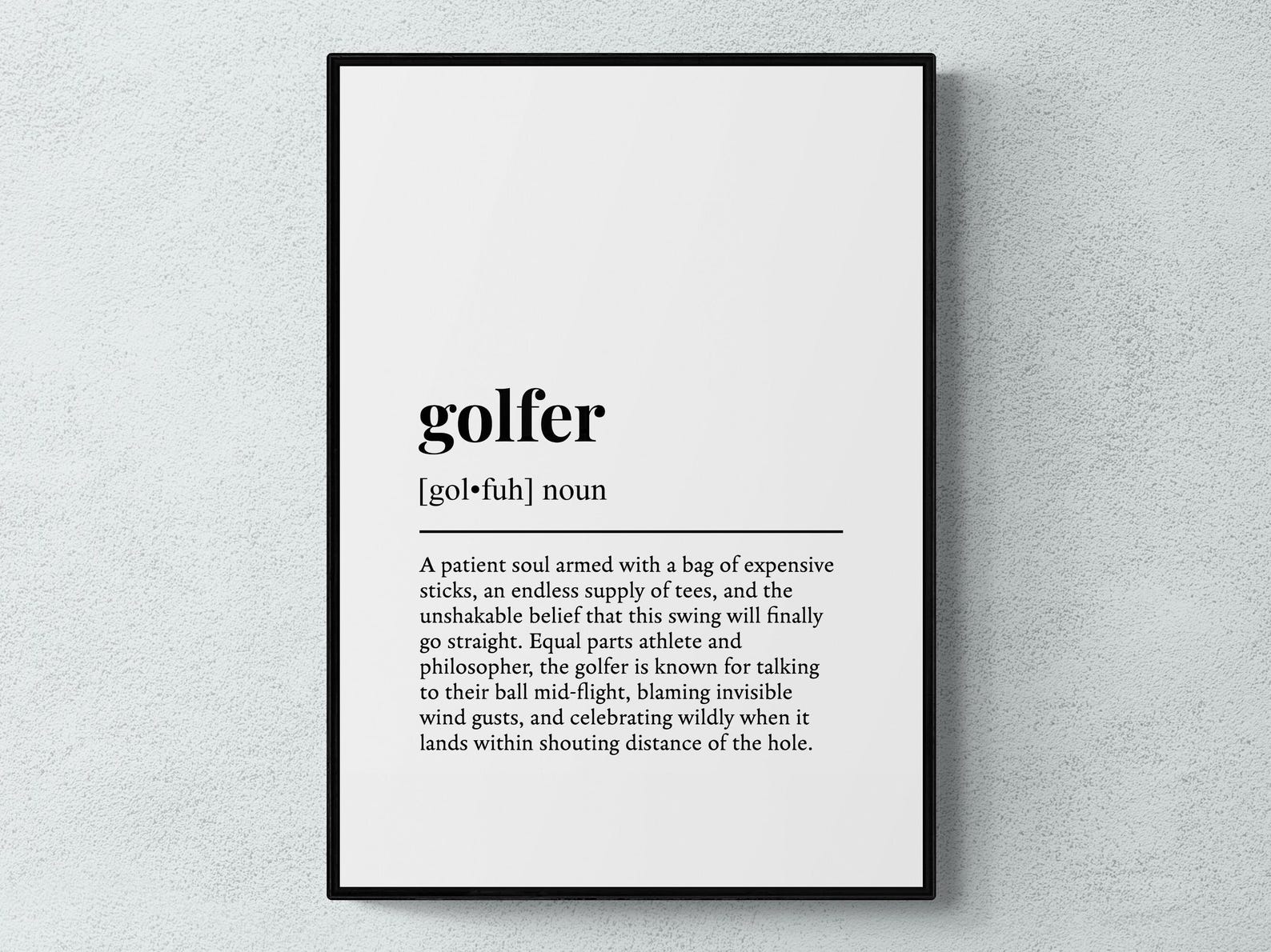5 Best Mental Health Benefits of Playing Golf Regularly
Posted on
Golf is one of those sports that people either love or hate. There’s no denying that golf can get quite expensive especially if you’re trying to compare golf bags from different brands. However, people who love the sport become avid and passionate golfers. Golfers often try to make time to enjoy their favorite sport at least once a week, if they can manage.
Golf offers many benefits. There are physical benefits, and then, of course, you get the mental benefits — which are plenty in this sport.
As a sport, golf can bring mental peace and clarity that is no doubt welcome in these uncertain times. If you’re wondering what other benefits you might see from playing golf, read on to find out!

1. Golf Can Reduce Anxiety and Stress
A 2018 study talks about the physical benefits of playing the game. You get cardiovascular benefits since it does help to walk through the golf course while you play. What many people might not always realize, however, is that golf can also bring the mental benefit of a reduction in anxiety levels.
The social aspect of golf, coupled with its moderate physical activity, can help bring about a mental sense of well-being. The result? You may feel your anxiety ease up just a little.
As an entertaining pastime, golf also makes a fantastic way to reduce stress. The best part is it’s a sport that’s played outdoors — and time spent in the sun can positively impact mental health.
Playing golf encourages you to slow down and focus on the present moment. This mindfulness effect can reduce overthinking and help clear your head, which is why many golfers describe the sport as deeply relaxing. The health benefits of playing golf extend beyond the physical, offering mental clarity that can carry into everyday life.
2. Golf Might Help You Feel Less Depressed
You probably already know how exercise can bring endorphins that help make people happier. That’s essentially why the term “runner’s high” exists. But how does that work for a less strenuous exercise like golf?
Golf is a sport that requires moderate effort and activity. It hardly seems as though it would provide the same level of endorphins that something more intense like running might.
However, a study covered by Scientific American talks about how moderate-intensity exercise, or even simple walking, can help improve quality of life and lessen the effects of depression somehow. Of course, the study was done on middle-aged women, but that doesn’t mean that others can’t reap the benefits, too.
For those wondering if golf is good for mental health, research suggests that even moderate activity can lift mood and improve outlook. The gentle rhythm of walking the course, combined with time in nature, helps lower cortisol levels and boost positive feelings. These mental benefits of golf can be especially valuable for people struggling with seasonal low moods or mild depressive symptoms.

Golfer Funny Definition Sport Gift Wall Art Print
3. Golf Can Be a Form of Therapy
A twelve-person study was conducted on individuals suffering from substance use and mental health disorders where the research conductors used golf as a form of therapy.
The study examined any perceived effects that golf may have had on the participants’ physical and mental health. It also took a closer look at the impact on daily activities and social contact.
The findings were optimistic, revealing that golf had a positive impact on participants’ health and well-being. Positive changes were also seen in their day-to-day activities and the social aspect of their lives.
Therapists increasingly recognise the mental health benefits of golf as it blends structured activity with relaxation. The game provides a constructive outlet to process emotions, focus attention, and rebuild confidence. For many, golfing benefits also include establishing a routine that supports recovery and encourages healthier coping strategies.
4. Golf Can Offer Positive Social Interaction
Social interaction is an essential aspect of any person’s life. It can play a pivotal role in a person’s general sense of well-being in many cases. Spending quality time with people — whether new or long-time friends or family — can simply feel good.
Socialisation offers many benefits. For one, it prevents people from feeling lonely, which on its own can trigger or worsen depressive episodes. Positive in-person interactions can help improve mental health by lightening a person’s mood enough to perhaps make them feel happy.
Positive social interaction can also promote a welcome sense of belonging, safety, and security. It allows a person to have someone to confide in, so they won’t feel like they are bearing the world on their shoulders.
Golf is a social sport — playing regularly can allow you to make and keep friends that can last a lifetime. Quality time spent on the course while riding around in the best golf carts can make for the best memories.
Building friendships on the course can create a vital support network. These connections can reduce loneliness, increase self-esteem, and promote long-term mental health benefits. Whether it’s chatting between holes or celebrating wins together, golf offers unique opportunities for positive social bonding that other activities may not provide.
For seniors in particular, the health benefits of golf can include keeping socially engaged well into later life. Many golfers also exchange small gifts like custom golf ball markers, which serve as both practical tools and memorable keepsakes.

Golf Quarter Zip - Personalised Golf Embroidered Initials Zip Top - Golfer Gift
5. Golf Can Help You Practice Positive Mental Habits
Golf is a sport that involves a lot of mental fortitude and focus. Golf means staying focused for hours, accepting mistakes and bad shots, remaining confident, and being able to brush off frustration as it comes. Golf can also teach patience and discipline as you line up and make sure everything is perfect before taking your shot.
Developing those skills and practicing them daily can positively help mental health. It can also help set you up for a better day-to-day, especially since all of those skills are transferable to any other aspect of life.
Learning to manage frustration and stay focused on improvement can strengthen resilience both on and off the course. These mental benefits of playing golf — discipline, patience, and emotional control — are skills that improve workplace performance, family life, and personal well-being. Over time, many golfers find that practising these habits helps them maintain a healthier, more balanced mindset.
Golf Benefits for All Ages
The benefits of playing golf are not limited to one age group. For younger players, it can teach concentration and perseverance, while for older adults it provides gentle exercise and valuable social interaction. The health benefits of golf for seniors are particularly notable, as it supports mobility, balance, and mental engagement. Whether you are a beginner or a lifelong player, the advantages of playing golf can enhance both physical and mental well-being at any stage of life.

Never too old to go clubbing t-shirt - golf gift
Final Word
Golf may be a sport with a challenging learning curve, but there’s no denying the many healthy living benefits it can bring. It’s not the most accessible sport to get into, but there’s no doubt it can help improve your quality of life!
Golf is good for mental health because it combines exercise, relaxation, social contact, and personal growth. From reducing anxiety and depression to building resilience and friendships, the mental benefits of golf are wide-ranging. The next time you’re considering a new activity for well-being, remember that the benefits of golfing go far beyond the sport itself — it can be a valuable tool for a healthier, happier mind.
Overall, the health benefits of playing golf extend well beyond fitness — it’s a sport that supports both body and mind in equal measure.
